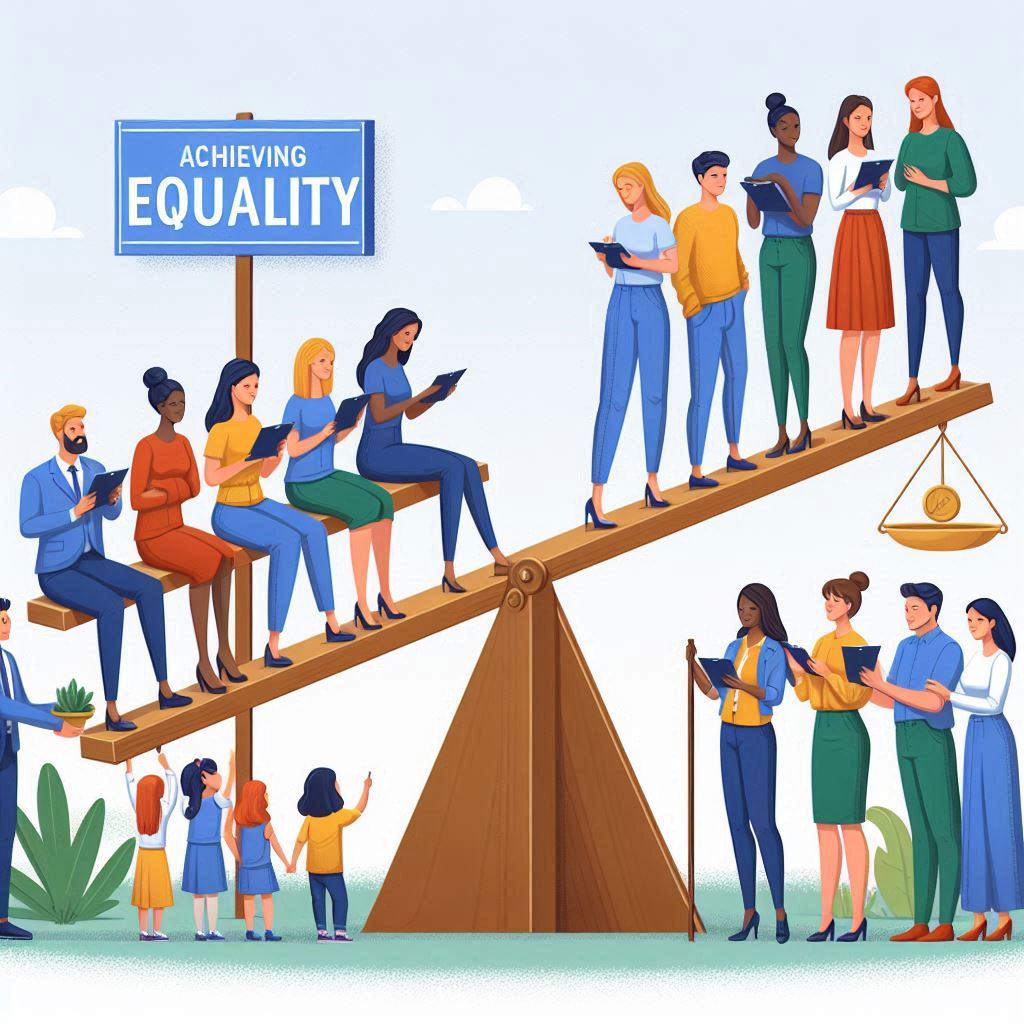Introduction
Political polarization is a significant issue that affects the functioning of democracies and the cohesion of societies. This blog explores the causes, impacts, and potential solutions to political polarization.
Causes of Political Polarization
Political polarization is driven by a combination of factors, including ideological differences, media influence, and social and economic conditions. Ideological differences, such as divergent views on social, economic, and cultural issues, contribute to the growing divide between political parties and their supporters. Media influence, particularly the rise of partisan news outlets and social media, has amplified polarization by creating echo chambers and spreading misinformation. Social and economic conditions, such as inequality and demographic changes, further exacerbate political divisions.
Impacts of Political Polarization
The impacts of political polarization are far-reaching and affect various aspects of society. Polarization can hinder the functioning of democratic institutions, as political gridlock and partisanship make it difficult to pass legislation and address pressing issues. It can also contribute to social fragmentation, as individuals become more isolated from those with differing views and less willing to engage in constructive dialogue. Additionally, political polarization can lead to increased conflict and violence, as tensions between opposing groups escalate.
Potential Solutions
Addressing political polarization requires a comprehensive approach that includes efforts to promote dialogue, reduce misinformation, and address underlying social and economic issues. Promoting dialogue and understanding between individuals with differing views can help bridge the divide and foster a more inclusive political culture. Efforts to reduce misinformation, such as media literacy programs and fact-checking initiatives, can help individuals make informed decisions and reduce the influence of partisan media. Addressing underlying social and economic issues, such as inequality and lack of opportunity, can help reduce the factors that contribute to polarization.
Conclusion
Political polarization is a critical issue that demands urgent attention and action. By promoting dialogue, reducing misinformation, and addressing underlying issues, we can work towards bridging the divide and strengthening democratic institutions.


Leave a Reply